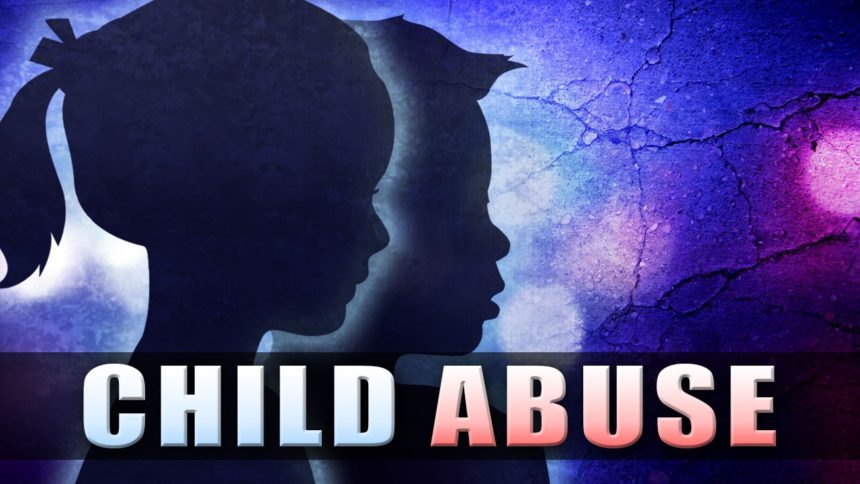Children may be more vulnerable to abuse during quarantine

POCATELLO, Idaho (KIFI/KIDK) - Children stuck at home without access to care and support systems is putting them in a vulnerable spot, experts say.
April is National Child Abuse Prevention Month. Child abuse advocates face a difficult challenge bringing awareness to people while under stay-at-home orders.
“As these things are happening, people may not know about that,” said Cassidy Roske, the program director for Bright Tomorrows child advocacy center in Pocatello.
Stay-at-home orders present challenges for families. Parents who typically have access to child care may have to turn to family members they don't completely trust, Roske said.
“It might be that grandparent they wouldn’t normally leave their child with is the only person available and so they’re with that person,” Roske said.
Teachers, school counselors and coaches are often trained and mandated to watch for and report signs of neglect or abuse. But with schools closed, reports go down.
Some child abuse hotlines are seeing drops of nearly 50% in reports. The Idaho Department of Health and Welfare's child abuse hotline saw a reduction of nearly 140 calls in March 2020 compared to March 2019.
Roske and other advocates are encouraging people to check in with kids and provide support.
“If you have any concerns, if you need food at your house, if you have any safety concerns, if something’s happened that’s not okay, message me. Let me know,” Roske said.
Some children are more vulnerable to mental health challenges during stay-at-home orders.
“Children who might have special needs or who might be LGBTQ or might have different supports in place they’re used to having, don’t have access to those right now, so that can be really challenging,” Roske said.
“(LGBTQ youth) may have one parent who doesn’t agree with their lifestyle and stuff,” said Tom Nestor, with All Under One Roof, Pocatello's LGBTQ advocacy center.
Nestor said AUOR can help connect LGBTQ kids to help and resources. They also encourage youth to stay in touch.
“Do the buddy system. They need to find a friend they can talk to through social media, on their phones,” Nestor said.
To report signs of child abuse or neglect, call the Idaho hotline: 1-855-552-KIDS (5437).
For tips from the experts to help families during the pandemic, click here.
Bright Tomorrows is open and available for parents, children and allies to find help. Click here to learn more.
All Under One Roof can be contacted here.